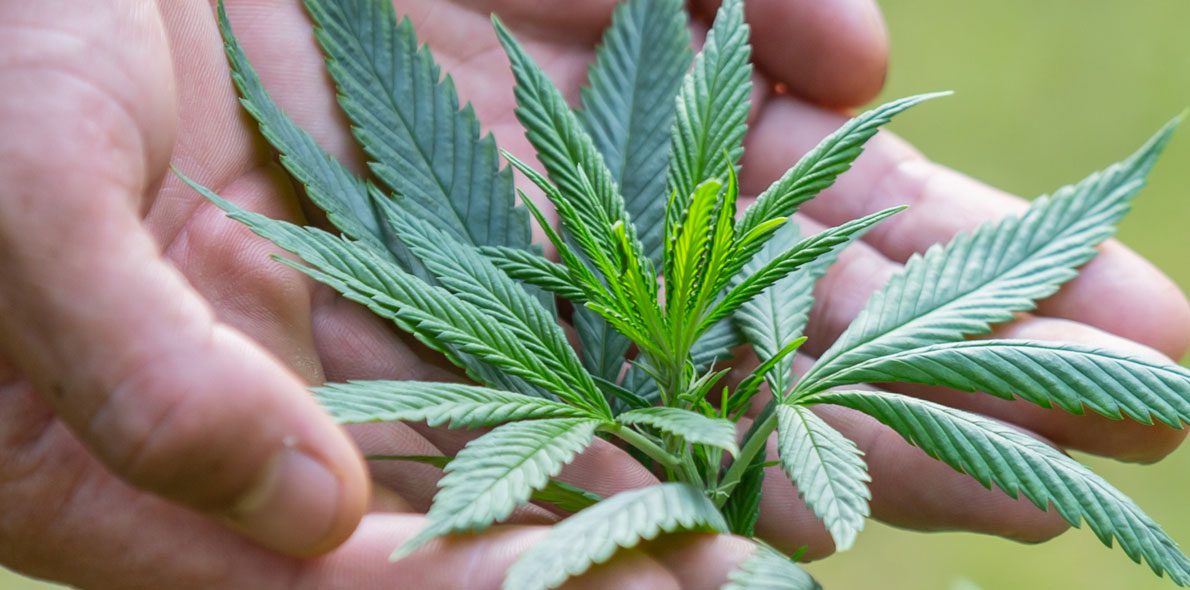
Closer to regularisation
Di: Rebeca Argudo Attivismo
Kannabia Seed Company vende ai propri clienti semi per hobby (raccolta) per uso personale. Ne è vietata la germinazione e la coltivazione. L'acquirente si impegna a consultare la normativa vigente nel proprio Paese di residenza per evitare di incorrere nello svolgimento di un'attività illecita.
 Fast free shipping
Fast free shipping Iberian Peninsula express shipping
0€ Orders over 60€
*6€ orders under 59€
East, West, South Europe express shipping
0€ Orders over 150€
*18€ orders under 149€
North Europe express shipping
0€ Orders over 160€
*20€ orders under 159€
Ireland, Norway, UK normal shipping
0€ Orders over 60€
*6€ orders under 59€
Rest of the world normal shipping
0€ Orders over 180€
*25€ orders under 179€
Shipping costs can be confirmed in your shopping cart.
For additional shipping methods, please reach out through info@kannabia.com.
 Coupons
Coupons 

*Your coupon will be sent via email.
 Customer support
Customer support 
*Should you have any question, comment or feedback, please do not hesitate to contact us.